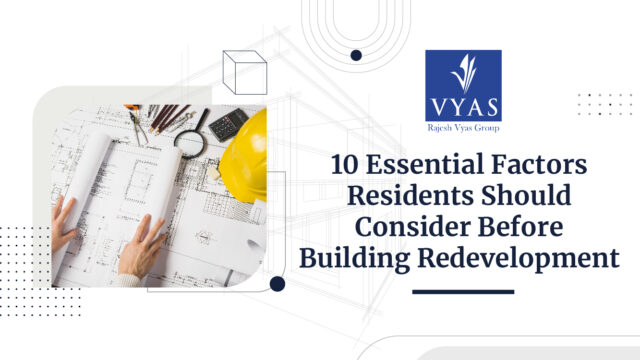Investing in real estate can be a lucrative venture, and for Non-Resident Indians (NRIs), it presents an attractive opportunity to diversify their investment portfolio while connecting with their roots. India’s real estate market offers a wide range of options, from residential to commercial properties. However, before diving into the market, NRIs should be well-informed about the intricacies and regulations that govern property investments in India. In this blog, we’ll explore the 10 most important things NRIs should know when considering real estate investments in India.
1. Understanding NRI Status


Before you start investing in Indian real estate, it’s crucial to determine your NRI status as per the guidelines of the Reserve Bank of India (RBI). Typically, an NRI is an Indian citizen who resides abroad for employment, business, or education purposes. Understanding your NRI status will help you navigate the property purchase process seamlessly.
2. Eligibility to Invest
NRIs are generally allowed to invest in residential and commercial properties in India without seeking specific permissions. However, there are restrictions on agricultural land, plantation property, and farmhouse investments. It’s essential to be aware of these limitations to make informed investment decisions.
3. Financing Options
NRIs can acquire properties in India through funds remitted from abroad or by taking advantage of housing loans offered by Indian financial institutions. Understanding the nuances of NRI home loans, such as interest rates, eligibility criteria, and documentation, is crucial for a successful investment.
4. Repatriation Rules
NRIs should be aware of the repatriation rules set by the RBI. The current limit for repatriation of sale proceeds of residential properties is up to two properties after holding them for three years, and for commercial properties, there are no restrictions. However, the repatriation process involves adhering to specific procedures and documentation.
5.Property Inspection and Verification
Before finalizing any property deal, it’s imperative for NRIs to physically inspect the property or appoint a trusted representative to do so. Additionally, conducting a thorough title search and verifying the property’s legal documents is vital to avoid future complications.
6. Taxation and Compliance
NRIs must understand the tax implications of property investments in India. They should be aware of taxes like capital gains tax, property tax, and income tax on rental income. Staying compliant with tax regulations is essential to avoid legal issues.
7. Power of Attorney
Executing a Power of Attorney (POA) can be beneficial for NRIs investing in India. This legal document allows a trusted individual to represent you in property transactions, making the investment process more convenient, especially if you are not in India.
8. Market Research


Market dynamics in India can vary greatly from one city to another. It’s essential for NRIs to conduct comprehensive research on the local real estate market, including property prices, growth potential, and rental yields. Seek advice from local experts or real estate consultants.
9. Exit Strategy
NRIs should have a clear exit strategy in place. Whether it’s selling the property for profit, renting it out for passive income, or using it as a retirement home, having a well-defined plan will help you achieve your financial goals.
10. Legal Assistance
Seeking legal guidance and assistance from professionals who specialize in real estate transactions involving NRIs is highly recommended. A knowledgeable lawyer can navigate complex legal procedures and ensure that your investment complies with Indian laws.
Conclusion
Investing in real estate in India as an NRI can be a rewarding experience if approached with careful consideration and due diligence. Understanding your NRI status, eligibility criteria, financing options, and legal regulations is essential for a successful investment journey. By following these ten important guidelines, NRIs can make informed decisions and secure their financial future in the vibrant Indian real estate market.


